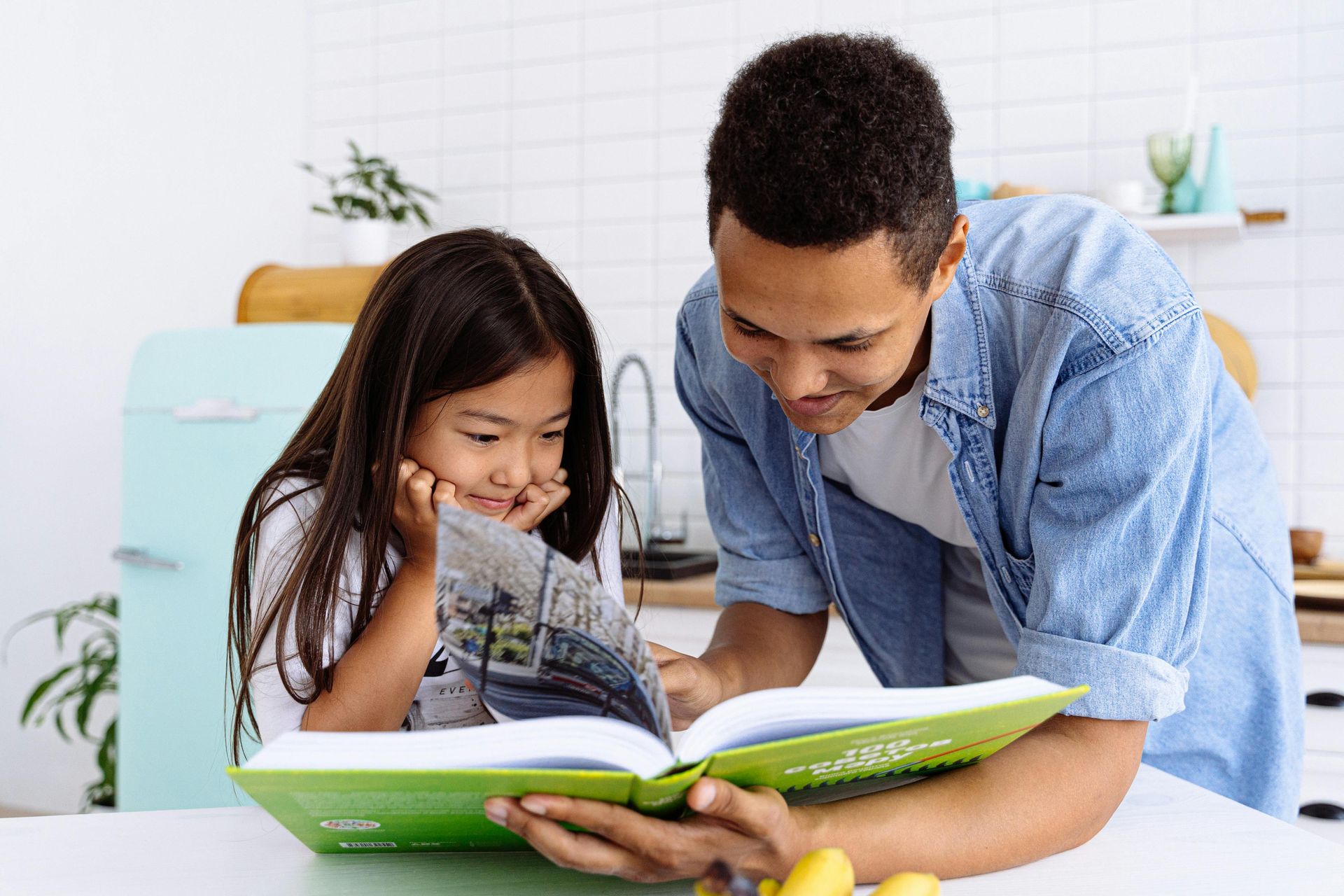
Montessori education is not just about the classroom; it extends to the home environment and relies heavily on collaboration between parents and teachers to create a harmonious and effective learning experience for the child.
Here are several reasons why a parent-school partnership is so important in Montessori education:
Consistency in Approach
One of the fundamental principles of Montessori education is consistency in the approach to child development. When parents and teachers work together, they can ensure that the child receives consistent guidance, expectations, and values both at home and in the classroom. This consistency promotes a sense of security and stability for the child, making it easier for them to adapt to the Montessori method.
Understanding and Support
Parents who are actively involved in their child's Montessori education gain a deeper understanding of the method and its principles. This understanding enables them to provide better support at home, reinforcing the concepts and values learned in the classroom. When parents and teachers share a common understanding of the child's development, they can work together to address any challenges or specific needs that may arise.
Reinforcing Independence
Montessori education places a strong emphasis on fostering independence in children. When parents and teachers collaborate, they can reinforce this independence by encouraging the child to take ownership of their learning and daily routines. Parents can create a Montessori-friendly environment at home, while teachers can provide guidance on age-appropriate tasks and activities.
Individualized Learning
Montessori classrooms prioritize individualized learning experiences tailored to each child's unique needs and interests. When parents are actively involved, they can provide valuable insights into their child's personality, learning style, and preferences. This information helps teachers design personalized learning plans that maximize the child's potential.
Extended Learning Opportunities
Learning doesn't stop when the child leaves the classroom. Parents can continue the Montessori experience at home by engagning in activities that align with Montessori principles. This extension of learning beyond school hours enhances the child's educational journey and reinforces the importance of learning as a lifelong endeavor.
Children thrive when home and school work in harmony!


